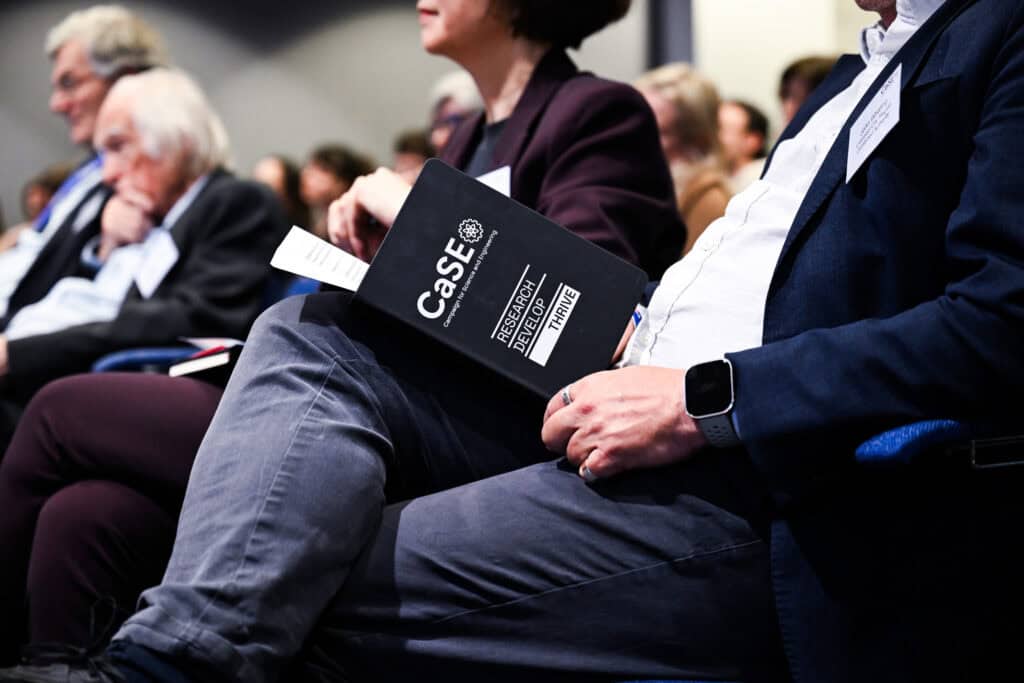R&D in charity communications
30 Nov 2022
Participants
- Alzheimer’s Research UK
- Association of Medical Research Charities
- Blood Cancer UK
- British Heart Foundation
- Cancer Research UK
- Eve Appeal
- Stroke Association
Key Conclusions
- Medical research charities should be at the forefront of the R&D sector’s public image, with their high
street profile and experience blending emotive and pragmatic messages. However, the contribution
medical research charities make to R&D is too often overlooked, and more work is needed to
strengthen that connection in the public eye. - R&D advocates should go further to champion the voices and experiences of patients and
researchers. Visibly linking the beneficiaries of research to those conducting it can help humanise
the R&D process, especially as researchers are generally well-trusted by the public. - Audience segmentation could help tailor public-facing messages and ‘asks’. Framing messages
as participatory movements was seen as one way to engage younger people. Other public
audiences will respond better to messages about the progress made to date rather than how far
there is to go. - Medical research charities should do more to highlight their collaborative work. Despite frequent
cooperation, these partnerships between charities are not necessarily seen by the public. Making
more of collaboration between funders can reinforce the value for money that charities extract from
everyone’s donations.

R&D in charity communications
Download ReportRelated resources

Our 2026 conference allowed people from across the sector and beyond to hear panels of experts discuss the important issues facing UK R&D, and to ask questions to key figures influencing the future of the sector.

Rebecca Hill reflects on Public Attitudes to Science 2025, a study from UK Research and Innovation and the British Science Association, and how it relates to CaSE’s own public opinion research.

This briefing summarises public attitudes to R&D and businesses. It is based on evidence from extensive quantitative and qualitative research carried out by CaSE since 2022.

This briefing summarises public attitudes to R&D and universities. It is based on evidence from extensive quantitative and qualitative research carried out by CaSE since 2022.